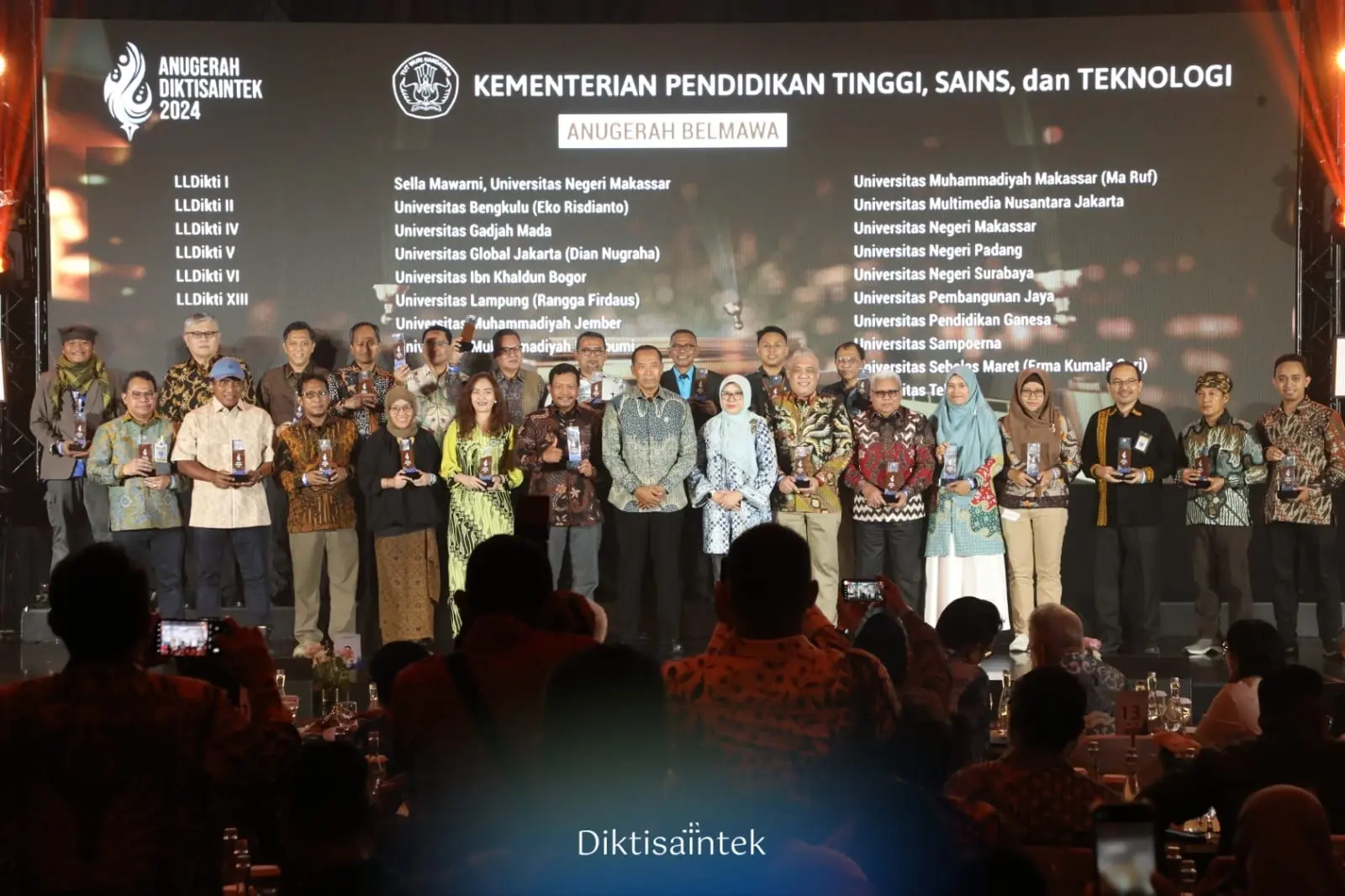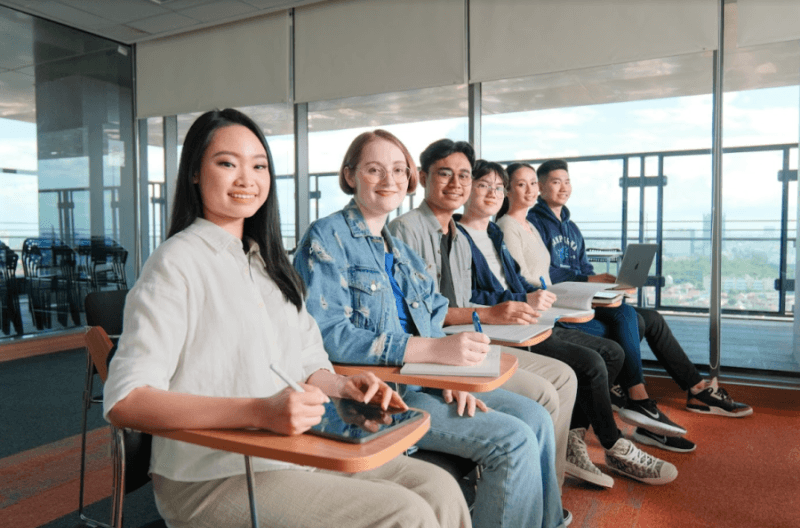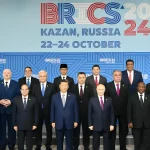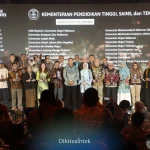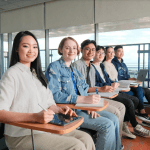30 Apr 2019
Finding Mathematicians through Realistic Mathematics Education
Articles - FOE,
News & Event,
News & Events Faculty of Education,
[vc_row type=”in_container” full_screen_row_position=”middle” scene_position=”center” text_color=”dark” text_align=”left” overlay_strength=”0.3″ shape_divider_position=”bottom”][vc_column column_padding=”no-extra-padding” column_padding_position=”all” background_color_opacity=”1″ background_hover_color_opacity=”1″ column_shadow=”none” column_border_radius=”none” width=”1/1″ tablet_text_alignment=”default” phone_text_alignment=”default” column_border_width=”none” column_border_style=”solid”][vc_gallery type=”image_grid” images=”2973,2972,2971,2970″ layout=”4″ gallery_style=”1″ load_in_animation=”none” img_size=”600×400″][vc_column_text]Associate Prof. Maarten Dolk of Utrecht University believes in the importance of Realistic Mathematics in mathematics education. There are many ways to teach children. Many teachers help children find the right answers. They are extremely helpful for the children they teach. But the problem is students are getting too dependent on their teachers. Teachers always give directions and students, on the other hand, expect guidance. So children are not really learning mathematics.
“So what I think is important is how we encourage children to become young mathematicians,” Prof. Dolk stated Friday (4/26/2019) during his talk at Realistic Mathematics Education Workshop at Sampoerna University.
His guided reinvention approach is unique and different from the conventional ones. “We don’t focus on procedures. They focus on the ongoing development of mathematical theories, by children themselves,” he emphasized.
In his view, teachers are to design problems with contexts as such so that children can realize what they are doing. Based on contexts, children acquire a better understanding.
“Problems are solvable by all children in a class. They can solve problems by means of using tools or drawing on paper. Some also can work on problems in an abstract manner,” he elaborated.
This way, children will ‘own’ their mathematics, which is less possible to achieve in answer-oriented classes. With this approach, students’ critical thinking ability and creativity are also stimulated better.
The workshop was packed as a number of students of other universities and teachers of 19 schools in Jakarta and the greater area sat down together and learned this approach. (*/)[/vc_column_text][/vc_column][/vc_row]

